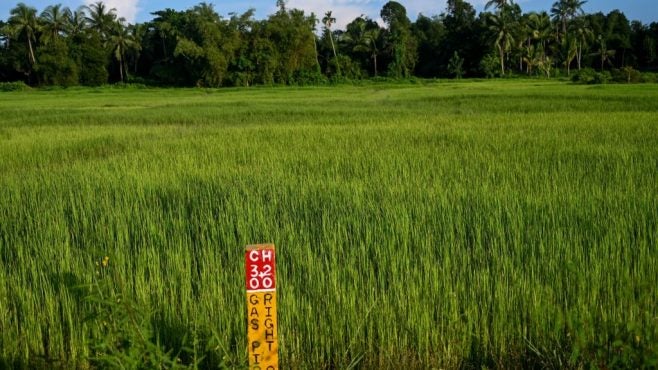Public institutions provide four times as much finance for natural gas as for wind or solar, locking countries into high-carbon energy systems, reports the International Institute for Sustainable Development (IISD), a Canada-headquartered think tank.

Between 2017 and 2019, gas projects in low and middle-income countries received an average of $16bn of international public finance, with 60% of this coming from the World Bank and the Japanese, Chinese and US governments.

Discover B2B Marketing That Performs
Combine business intelligence and editorial excellence to reach engaged professionals across 36 leading media platforms.
This “dash for gas in the Global South” is undermining global climate efforts and may harm emerging economies, says Greg Muttitt of the IISD.
Gas is not required to meet countries’ energy needs as renewable alternatives are available and, in most cases, cheaper, the report adds.
As countries like Australia and the US expand their liquefied natural gas exports, the public money supporting new gas infrastructure looks “more geared to serving powerful interests than helping Southern countries meet their needs”, Muttitt concludes.

US Tariffs are shifting - will you react or anticipate?
Don’t let policy changes catch you off guard. Stay proactive with real-time data and expert analysis.
By GlobalData




